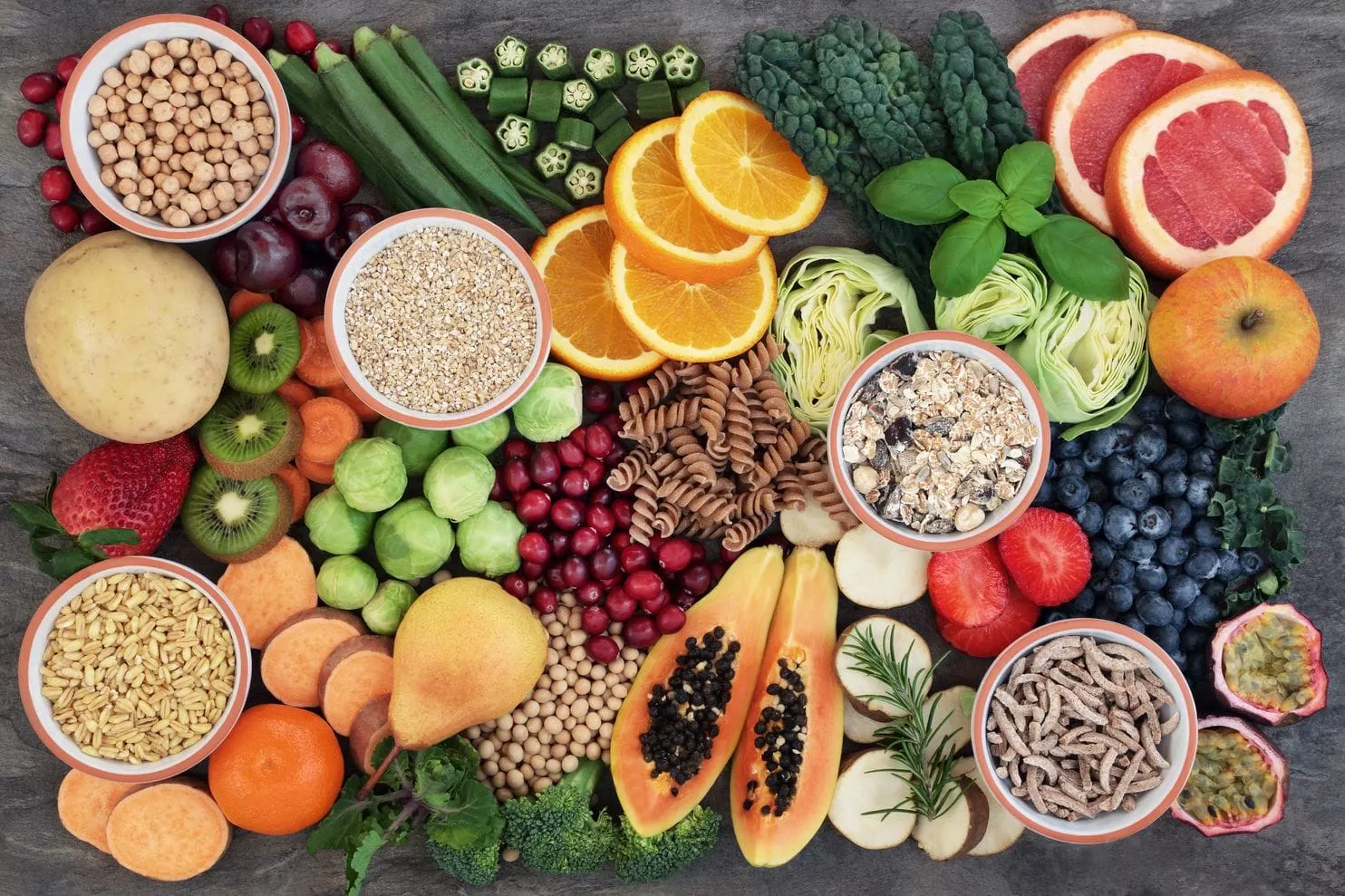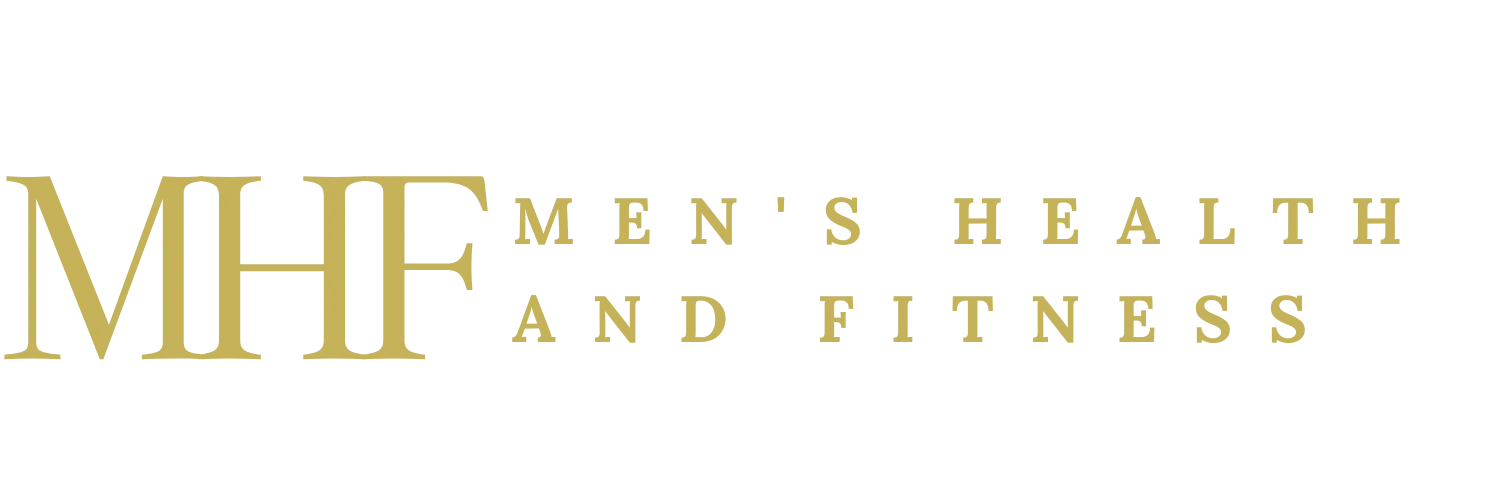How Diet Can Drastically Reduce Your Cancer Risk

In general, healthier diets are better for you as far as lowering cancer risks are concerned.
Anytime people incorporate fruit and vegetables and minimize the intake of processed foods the better.
An increasing number of studies present evidence that there are specific dietary habits that can decrease or increase cancer risk.
The role of diet in cancer prevention is remarkable. For example, beans, spinach, and broccoli may help prevent esophageal and stomach cancer.
Our review summarizes cancer risk and dietary factor associations. We will also make specific nutritional suggestions to reduce the risk of certain cancers.
How Diet Can Reduce Different Cancer Risks
It has not been proven in lab studies that food can cure cancer or completely prevent cancer risk.
However, different case-controlled studies, prospective studies, observational studies, and randomized controlled trials have provided evidence that diet can reduce cancer risk.
#1 Bowel Cancer
Let’s take bowel cancer, for example. Research indicates that eating kale, broccoli, and cabbage can hugely minimize the risk of bowel cancer.
Your body generates anti-cancer chemicals when digesting cabbage, kale, or broccoli. Researchers studied the effect of the phytochemicals on the digestive tracts and bowel cells.
When these foods are consumed, higher levels of phytochemicals I3C (indole-3-carbinol) appear in digestive tracts.
I3C can help create an ideal environment for stem cell development. This compound can also help the immune cells that prevent widespread inflammation in your gut.
The study specified that I3C helped protect mice from contracting intestinal cancer.
We believe more studies will help find out whether the molecules in broccoli, cabbage, and kale have the same effect on people.
But in the meantime, there are already plenty of valid reasons to eat more vegetables in the quest of reducing bowel cancer risk.
#2 Breast Cancer
A recent study showed that consuming fatty fish can minimize your breast cancer risk by almost fourteen percent, which is quite a bit.
Fatty fish contains a considerable amount of omega-3, and that has been shown to reduce inflammation.
There is a link between inflammation in the body and an increased risk of breast cancer. Research is mixed on whether fish oil supplements work or if the actual fatty fish is the one creating the causation.
If you are not into fish, then stick to omega-3 vegetarian sources, such as flaxseed, walnuts, and leafy green vegetables.
When it comes to oils; olive oil is particularly great for lowering breast cancer risk. It is packed with monounsaturated fats, which don’t produce free radicals in the body.
Research indicates that free radicals can cause cancer growth.
Olive oil also contains phytonutrients that reduce tumor growth and oleic acid which is responsible for crippling the actual cancer gene that causes breast cancer.
Cruciferous Vegetables
As far as protease are concerned, you should look at cruciferous vegetables, which include broccoli, kale, cabbage, and brussel sprouts.
These cruciferous vegetables supply your body with minerals, folate, vitamins K, E, & C, and many carotenoids.
Another remarkable food for reducing your risk of breast cancer is tomatoes. They contain lycopene, which is a powerful antioxidant that has been shown to reduce tumor growth.
The body absorbs lycopene best if the tomatoes are cooked or concentrated. Also consider anything that is high in fiber, such as beans, peas, and lentils.
Fiber-rich foods are known to reduce the risk of cancer of the breast. For every ten grams of fiber (about half a cup of beans), the risk is reduced by about 7%.
#3 Prostate Cancer
The rate of prostate cancer in men is higher than any other kind of cancer. Almost 15 percent of men in the US have prostate cancer.
This is a disproportionate figure that could be significantly reduced through diet. Studies indicate that a diet high in saturated fats increases prostate cancer risk.
More and more doctors and researchers are learning that a definite link exists between the risk of prostate cancer and the foods we eat.
The following foods can be beneficial to anyone with a high risk of prostate cancer:
Fresh Fish: Certain fish contain high levels of omega-3 that can help prevent cancer of the prostate. They include fish such as mackerel, halibut, salmon, and sardines. Remember, you need fresh fish and not farm-raised fish.
Greens: Green leafy vegetables, such as cabbage, brussel sprouts, arugula, and collard greens contain lots of minerals and nutrients. These cruciferous veggies have antiviral, anti-bacterial, and anti-inflammatory properties, which lowers the risk for prostate cancer.
Tomatoes: Since tomatoes contain lycopene, they are an excellent addition to an anti-prostate cancer diet. When absorbed along with small amounts of non-saturated fats, tomatoes have shown to be more beneficial in the fight against prostate cancer.
Coffee: You are probably surprised, but three cups of coffee daily may be enough to prevent the risk of prostate cancer. A study in Europe showed that coffee is rich in antioxidants as well as a natural diuretic that helps keep the urinary tract in good shape.
Nuts: Walnuts have a higher concentration of nutrients. Brazil nuts are known to boost failing levels of selenium in aging men. Low selenium levels are linked to a higher risk of prostate cancer in older men. Both walnuts and Brazil nuts help fight prostate cancer.
Pomegranates: This food is rich in antioxidants and a capable fighter against cancer of the prostate. They have a good reputation for inhibiting cancer cell migration, and may selectively stop the growth.
#4 Lung Cancer
A major study with a large number of participants has shown that fruit and vegetable consumption plays a large part in lung cancer prevention.
The recently published study explored the benefits of specific compounds in certain plant products called phytoestrogens.
The researchers discovered that those people who had a higher intake of phytoestrogens from food had a reduced risk of developing lung cancer later in life.
They found that those who consumed the highest amount of phytoestrogens decreased their lung cancer risk by as much as forty percent.
Phytoestrogen is essentially the same as the hormone estrogen, but it is a weaker version. Diet can only be effective in fighting lung cancer if you can stop smoking.
In Summary
We have presented to you how effective diet can help to reduce your risk of cancer. However, certain foods may increase cancer risk.
Observational studies have indicated that processed foods that include refined carbs and sugar can increase your risk of cancer.
Notable studies have shown that diets that lead to high blood glucose are linked to an elevated risk of different cancers, such as breast, stomach, and colorectal.
Genetically modified foods (GMOs) are also known to increase the risk of cancer. According to experts, more testing should have been done before these foods were introduced into the world.
Research also suggests that processed meat is highly carcinogenic. Observational studies have shown that people who eat processed meat are most likely to suffer from colorectal cancer.
Poor diet choices frequently lead to obesity. According to studies, overweight individuals are at a high risk of cancer.
Researchers have linked thirteen types of cancers to obesity, including kidney, pancreas, colon, esophagus, and breast cancers to mention a few.
With that said, diet can make or break your plans of preventing or reducing the risk of cancer. So, be extremely cautious about what you eat.
